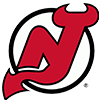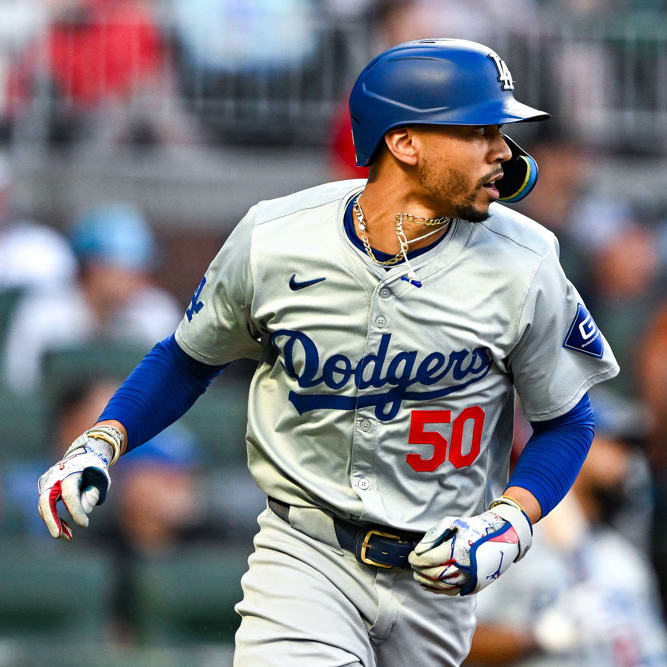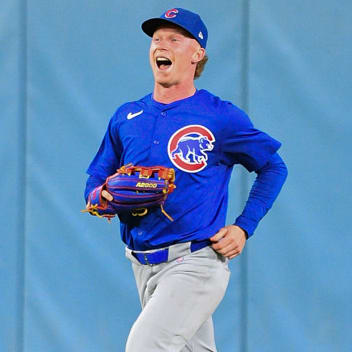One jarring wake-up call for new daily fantasy baseball players is that first time a pricey, red-hot hitter that's eating up 15 percent of their salary cap ends up being a colossal disappointment -- a bad individual matchup, a dominant pitching performance or simply the bounce of the ball results in them contributing a dreaded goose egg to their lineup on that day. For those daily fantasy enthusiasts who had previously only dwelled in the realms of prolific fantasy scoring that are NBA and NFL DFS , this scenario can be practically surreal. After all, barring a freakish injury very early into a game, you'll never be saddled with a zero from say, a LeBron James or Drew Brees. Even if they have a down game by their standards, you'll certainly receive some return on your sizable investment. In MLB DFS, there are no such guarantees, and it's precisely these types of wrinkles that make developing a well-informed daily fantasy baseball strategy paramount.
Pitchers - Multi-Category Contributors of Fantasy Points
With the prominent role that variance plays in the day-to-day performance of hitters, landing on the right pitchers is one of the cornerstones of a solid daily fantasy baseball strategy. You can almost consider them an oasis in the desert of uncertainty that is a typical MLB DFS lineup—a generally reliable source of scoring and production that essentially renders them the foundation of any daily fantasy baseball lineup. Whether formulating a DraftKings or FanDuel daily fantasy baseball strategy, one overriding benefit a pitcher offers holds true for both sites: they accumulate fantasy points through more categories than any other player on your roster.
Both DraftKings and FanDuel award points for innings pitched, strikeouts and wins. The two sites also deduct points for earned runs allowed, though the similarities end there. DraftKings delves into additional aspects of a pitcher's performance, awarding bonus points for complete games, complete game shutouts and no-hitters. Conversely, they deduct points for each hit and walk surrendered, as well as for hit batsmen. Due to the scoring and roster construction differences between the two sites, we'll delve into the different nuances of selecting pitchers for FanDuel and DraftKings in future installments. However, there are several universal criteria when selecting pitchers in daily fantasy baseball contests, regardless of the platform you're playing on.
Outside Factors That Affect Pitching Performances
While it's accurate to state that a pitcher has considerable control over his production each time he takes the mound, giving too much credence to this philosophy belies other factors that can sabotage their ability to maximize their fantasy potential. Sure, they ultimately determine how much velocity, break and movement they put on their pitches, but a number of quirky circumstances can certainly ensue the moment that ball leaves their hand.
One of the most glaring examples is a factor that's tarnished many a fine real-world performance, and cost DFS players a wins bonus in the process: run support. Plunking down the investment required for a dominant pitcher can often be an exercise in futility if his team's offense is in the midst of a funk, or facing the other team's ace on that particular night. The majority of the time in baseball, both team and individual slumps are largely temporary, so it's often a matter of doing some homework of how your prospective pitcher's offense has performed in recent games. However, a look at the average run support that pitcher receives when he's on the mound, particularly once a season is in full swing and some sample size has been created, can be an integral part of spotting a trend that could stand in the way of a victory.
Another often overlooked contributor to a pitcher's final stat line comes from the other eight guys in the lineup: team defense. We've all seen a weak grounder lead to a runner in scoring position thanks to an infield throwing error, or a steal attempt of second base end up with a runner 90 feet away from the plate due to a catcher's errant heave. Even the most effective starters can have their entire rhythm thrown off by one or two of these miscues, making a review of team defense metrics an important part of the research involved in developing your daily fantasy baseball pitcher selection process.
Historical Data - How Much Weight Does It Carry?
When deciding on pitchers in daily fantasy baseball, there's also the question of how much weight to put on history. This holds true not only for the pitcher's track record against the team he is facing that day, but also for his body of work versus the specific hitters he'll be up against. Several caveats come to the forefront when evaluating historical data: how large a sample size is available? And more importantly, what's the degree of personnel turnover on the opposing team since the pitcher had notable successes—or failures—against that club? This is important to consider when looking at data from years past; it's just as essential when looking at in-season numbers as well, given how injuries, trades, demotions and even batting order alterations can change the dynamic of an offense.
Individual Batter vs. Pitcher metrics (BvP) are an entity onto themselves. Their relevance has been the subject of considerable debate in the DFS world, with even former major leaguers conceding that their confidence and mindset was sometimes affected by their history against a particular hitter or pitcher. As with a pitcher's past experiences against a specific team, it's particularly prudent to evaluate how far back the data goes. Did a considerable chunk of a hitter's success against a pitcher come in the early stages of the latter's career, when he was still acclimating to the big leagues? Or perhaps a particularly torrid stretch occurred during an outlier campaign for the pitcher, a season when he seemed to continually serve up fastballs on a platter or couldn't buy any appreciable run support. Digging beyond the surface can often help determine how predictive past performance might truly be.
Ballpark Factors
Within the process of evaluating team-based elements such as run support and defense, as well as statistical history against an upcoming opponent, it's also important to consider the environment your potential pitcher will be playing in. Stadium factors are certainly a consideration in DFS, and this is an area that goes beyond just avoiding the thin air at Coors Field, or the hitter-friendly dimensions at Rogers Centre or Miller Park. While there is certainly validity in trying to stay away from pitchers in those traditionally hitter-friendly ballparks, there are also those seemingly inexplicable examples of a certain stadium just giving a pitcher fits over time. Referencing the pitcher's history in a particular ballpark over an appreciable sample size can be another important component when selecting one in daily fantasy baseball.
Another key piece of data when evaluating pitchers as part of a daily fantasy baseball strategy is their performance against hitters of either handedness. A pitcher's "splits"—their track record against left-handed and right-handed hitters—should be compared against the projected starting lineup of their opponent for that day. Does the opposing team have the ability to overload their starting lineup with hitters from the side of the plate the pitcher has proven difficulty with? If so, is the quality of the potential lineup they'll be facing enough to avoid selecting that pitcher?
The Perils of a Tired Arm
Even when many or all of these other essential criteria—matchup, prior history against a team, splits, ballpark—check out favorably, don't neglect to consider the crucial matter of rest. Getting to know who the "workhorses" are—those pitchers who can go a day earlier than their usual turn when the need arises and still be effective for 6-7 innings at a minimum—is an often overlooked component of a sound strategy for selecting pitchers in daily fantasy baseball. If a player has a tangible history of being able to thrive in such situations, he could be worthy of consideration if other factors also appear favorable. However, a pitcher's age, injury history and the stage of the season in which he might be asked to pitch on abbreviated rest must be weighed when implementing your pitcher selection strategy, in order to avoid a potential fatal hole in your lineup.
Plenty to Consider
Clearly, there is no shortage of data or factors to evaluate when constructing a daily fantasy baseball lineup, and that especially holds true for pitchers. With the sometimes overwhelming amount of information to consider, we'll strive to guide you through each of these individual research components in order to optimize your pitcher selection strategies in our subsequent installments.








































